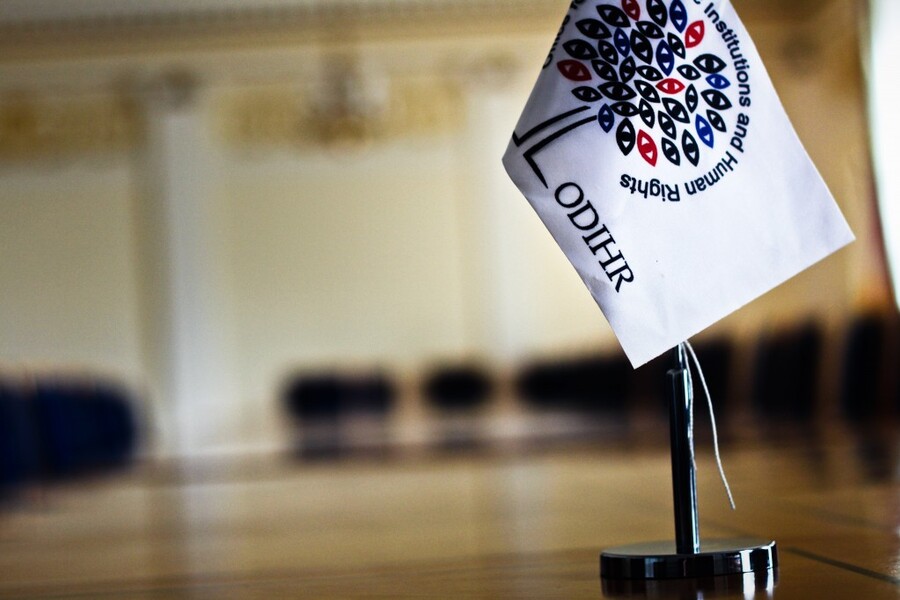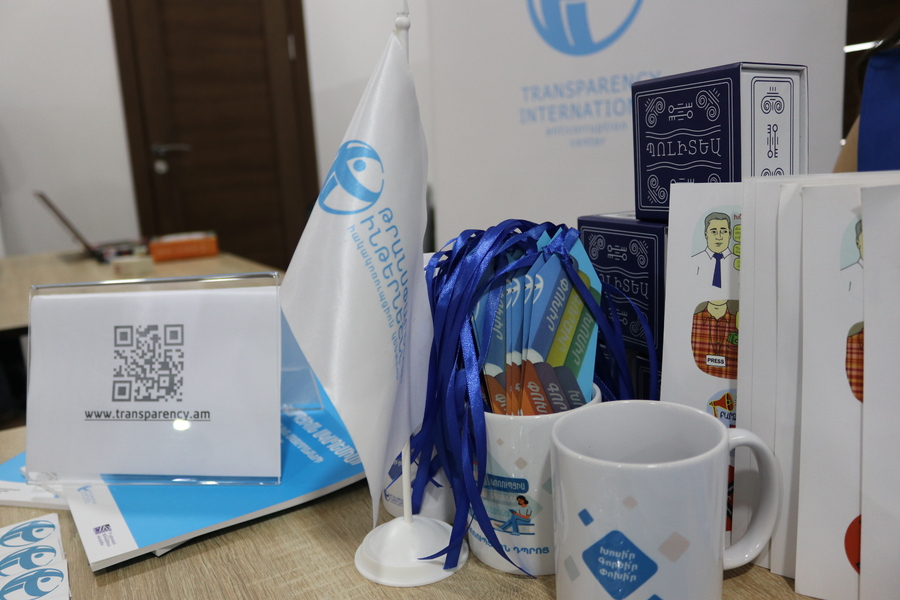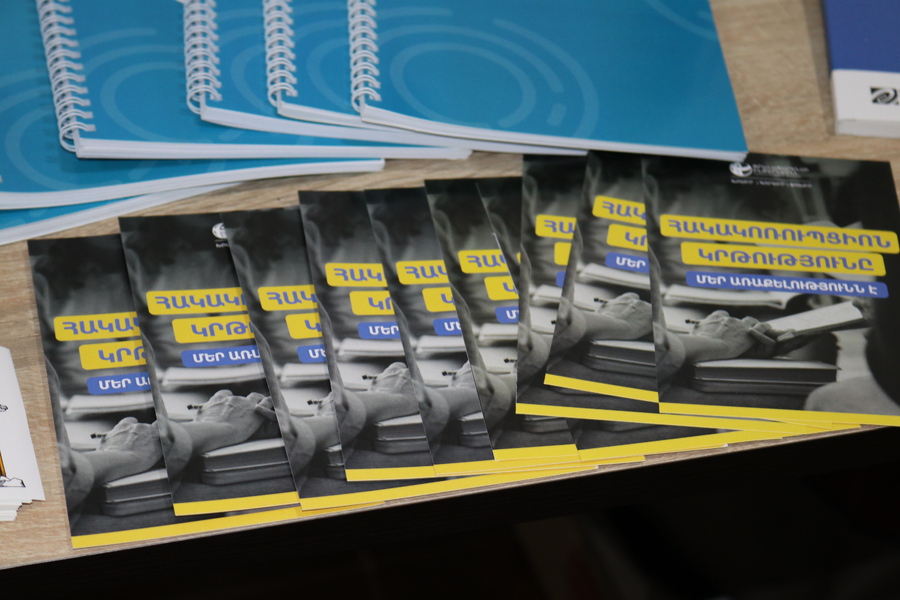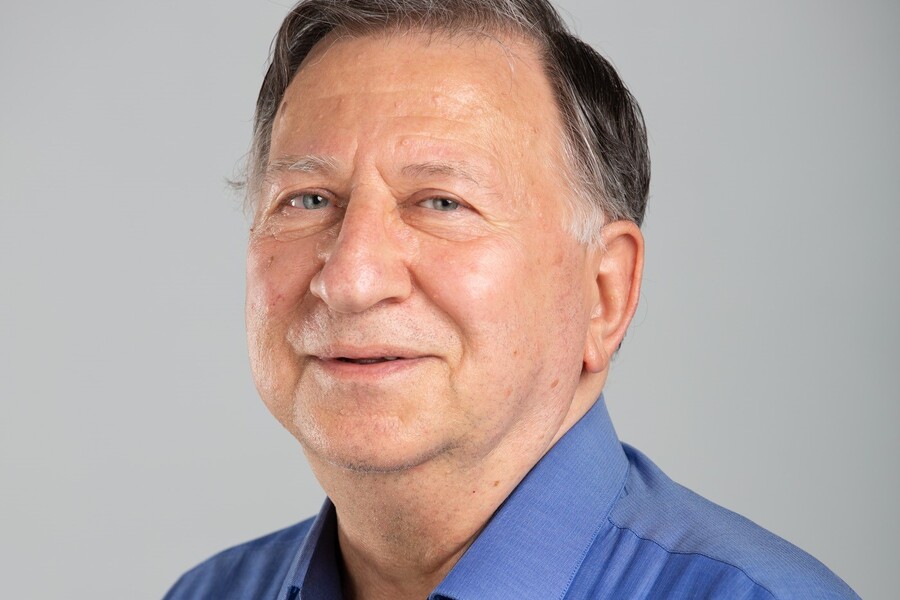We, the representatives of the undersigned organizations, have actively participated in all stages of the MCA-Armenia Project including development of proposals for the Compact in the preparatory stage, development of the procedure for the formation of the Stakeholder Committee (SC), organization and conduct of elections to the SC, monitoring of the Compact implementation and raising public awareness of the Project to ensure transparency of the processes at all levels. Alongside with this, we closely followed the role of civil society organizations in the Millennium Challenge Account - Armenia during the last 2 years and decided against nominating candidates for the 3rd SC elections and against collectively supporting any candidate for the following reasons: MCA-Armenia's public monitoring entity, i.e. the Stakeholder Committee, which is called to protect interests of some 750.000 direct beneficiaries of the Program has systemic drawbacks in its charter considerably reducing the effectiveness of the SC's mission. Namely, the Stakeholder Committee consisting of 15 civil society representatives delegates five of its members to the main governing body, the Governing Council (GC). In the meantime, these delegates retain their membership in the SC, which leads to obvious conflict of interests. Indeed, during the last 2 years some members of the GS delegated from the SC participated in the tenders, anticipating contracts from the program funds. During all the tenders they kept their active membership both in the SC and GC. Moreover, they did not even inform the Stakeholder Committee about their participation in the tenders. When criticized for the conflict of interests, the bidders indicated that they would drop their membership from the SC and GC but only after winning the tender. In the July 23, 2008 session1 the Governing Council unanimously decided to cut water rehabilitation component due to Dollar depreciation and increasing construction costs. Reduction of water rehabilitation activities makes up to 50-70% of the initial plans depending on the methodology of calculations. All the 4 GS members delegated from the SC voted for the cut alongside with the government officials of the GC.2 In making this decision, neither the 4 SC "delegates", nor the rest of the GS asked for the SC opinion. This reduction directly and seriously affects interests of hundreds of thousands farmers and rural residents. Meanwhile, on one hand, the working group could have properly assessed the possible risks in due time and on the other hand, the government should have allocated alternative funds so that the project was not cut, thus disappointing the rural residents, particularly, that it had referred to the availability of alternativ sources of funding for the MCA on a number of occasions. During the last 2 SC elections, a number of members were nominated and elected as civil society representatives while they simultaneously were holding posts in different governmental structures. As a result, their standing was mostly consistent with the position of government officials when addressing objectives of the MCA-Armenia.3 This distorted the idea of the stakeholders' participation and made the protection of real beneficiary interests rather than the personal ones virtually impossible. Documents, such as the letters of former RA President R. Kocharyan and of President S. Sargsyan addressed to J. Danilovich, Chief Executive Officer of the MCC, which are related to the progress of the Program and allegedly refer to possible suspension and termination risks of the Compact and which are not classified according to the current legislation of Armenia, have been constantly and consistently kept in secret from the SC. Efforts of the three SC members (Levon Barseghyan, Artur Sakunts and Seyran Martirosyan) nominated and supported by the Partnership for Open Society were mainly futile in addressing the aforementioned and other problems. Initiatives undertaken by them to address the problems fell short due to the efforts of the majority of the SC. The Millennium Challenge Corporation and the Armenian representatives of the Corporation were fully aware of the above problems but did not take major actions to address them and did not have substantial influence on improving effectiveness of the SC activities. Thus, we feel that in its current format, the SC actually has been and remains a hollow entity fulfilling the Compact's requirement of the civil society participation rather than a body that really ensures representation and protection of the beneficiary interests. In the meantime, in the future we are going to continue close monitoring of the activities of the MCA-Armenia, SC and GC and regularly inform the public about our observations on the progress of the project. September 15, 2008
- "Asparez" Journalists' Club
- Committee to Protect Freedom of Expression
- Yerevan Press Club
- Helsinki Committee of Armenia
- Helsinki Citizens Assembly Vanadzor Branch
- Community Finance Officers Association
- Transparency International Anti-Corruption Center
- Open Society Institute Assistance Foundation-Armenia
- "Menk Plus" NGO
- "Arena of Education" NGO
- "Azatan" Community Union of Azatan
- "Selen" Journalists Club, NGO
- "Spiritual Armenia" NGO
- "Collaboration for Democracy" NGO
- Armenian Center of Political and International Research
- "Khnamk" NGO
- Lore Eco Club
- "Femida" NGO
- "Trust" Sociological Research Center
- "Association of Women with University Education" NGO
- "Fund against the Violation of Law" NGO
- Team Research Center, NGO
- "Internews-Armenia" Media Support NGO
- Mental Health Foundation
- Social Policy and Development Center
- Union of Women Named after Saint Sandukht
- "Union of Doctors and Engineers" NGO
- Rights Information Center
- "Bridge of Hope" NGO
- "Dapnechyugh", NGO
- Cultural Experimental Center
- "Biosophia" NGO
- "Yerashkhiq" (Insurance)CSC NGO
- "KhoranArd" Intelectual Center, NGO
- "Geophone" NGO
- "Shirak Center", NGO
- Gyumri Orhus Center
- "From the View of the Time", NGO
- Vanadzor Press Club, NGO
- Democratic Initiatives Youth Center - Vanadzor
- "Farmers' movement" NGO, Sargis Sedrakyan
- "International Counter understanding Center Caucasian office" NGO, Karen Galstyan
- "Ecological Academy" NGO, Greta Gabrielyan
- "For Justice" political researches center NGO, Vardan Grigoryan
- "National Apiculture Union" NGO, Telman Nazaryan
- "Shogher" (Shines) Union, Hasmik Aslanyan




